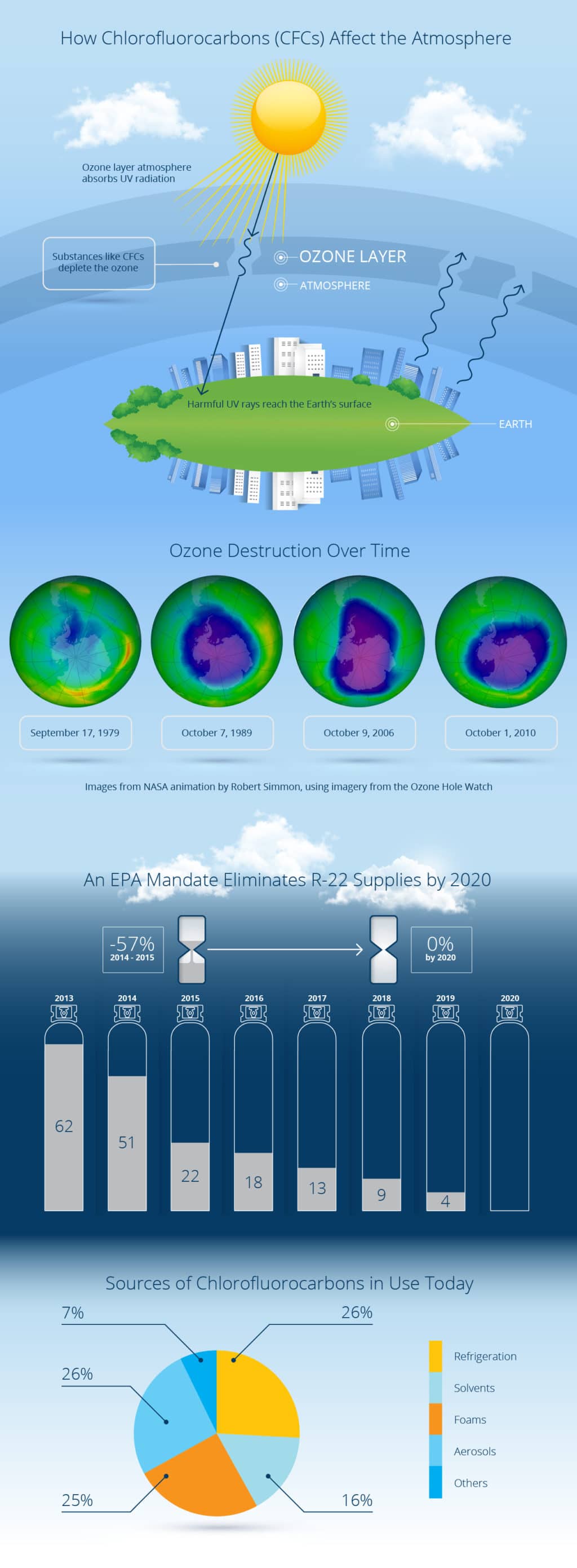The Future Of Home Heating - Exactly How Heat Pump Modern Technology Is Evolving
The Future Of Home Heating - Exactly How Heat Pump Modern Technology Is Evolving
Blog Article
Authored By-David Dominguez
Heatpump will certainly be an important modern technology for decarbonising heating. In a situation constant with federal governments' revealed energy and climate dedications, their worldwide capability doubles by 2030, while their share in home heating rises to one-quarter.
They function best in well-insulated homes and rely on electrical power, which can be supplied from a sustainable power grid. Technical developments are making them extra efficient, smarter and less expensive.
Fuel Cells
Heatpump make use of a compressor, cooling agent, coils and fans to move the air and warm in homes and devices. They can be powered by solar power or power from the grid. They have been gaining appeal because of their low cost, peaceful operation and the capacity to generate electricity throughout peak power demand.
Some companies, like IdaTech and BG MicroGen, are working with gas cells for home heating. These microgenerators can replace a gas central heating boiler and generate a few of a house's electric requirements with a connection to the electricity grid for the rest.
But there are https://www.amc.edu/PR/best-summer-ever-17-facts-and-simple-tips-to-keep-you-healthy-this-summer.cfm to be doubtful of using hydrogen for home heating, Rosenow states. It would be pricey and inefficient contrasted to other innovations, and it would contribute to carbon discharges.
Smart and Connected Technologies
Smart home technology allows house owners to attach and manage their gadgets remotely with making use of smart device apps. For example, wise thermostats can learn your home heating choices and automatically adapt to optimize energy usage. Smart lights systems can be regulated with voice commands and automatically turn off lights when you leave the room, lowering energy waste. And wise plugs can keep track of and handle your electrical usage, permitting you to identify and limit energy-hungry home appliances.
The tech-savvy family illustrated in Carina's interview is a good illustration of just how owners reconfigure room home heating practices in the light of new smart home technologies. They rely upon the devices' automated features to accomplish day-to-day changes and concern them as a practical ways of conducting their heating practices. Thus, they see no factor to adapt their methods better in order to enable flexibility in their home power demand, and interventions targeting at doing so might face resistance from these homes.
Electrical energy
Because warming homes represent 13% people discharges, a switch to cleaner options might make a big difference. Yet the modern technology deals with obstacles: It's pricey and requires extensive home restorations. And it's not always compatible with renewable energy sources, such as solar and wind.
Up until just recently, electrical heat pumps were too pricey to take on gas versions in the majority of markets. However brand-new technologies in design and materials are making them a lot more affordable. And much better cool environment efficiency is allowing them to operate well also in subzero temperatures.
The following action in decarbonising heating may be the use of warm networks, which attract heat from a main source, such as a neighboring river or sea inlet, and disperse it to a network of homes or buildings. That would decrease carbon discharges and enable homes to capitalize on renewable resource, such as environment-friendly electrical energy from a grid provided by renewables. This choice would certainly be less expensive than switching to hydrogen, a nonrenewable fuel source that calls for brand-new facilities and would just lower carbon dioxide discharges by 5 percent if coupled with enhanced home insulation.
Renewable resource
As electrical power rates go down, we're starting to see the exact same trend in home heating that has driven electric cars and trucks right into the mainstream-- yet at an also much faster speed. The solid climate case for impressive homes has actually been pushed further by brand-new research.
Renewables account for a substantial share of contemporary warmth usage, but have been provided minimal policy attention internationally compared to various other end-use industries-- and also less focus than electricity has. In https://elpasoheraldpost.com/project-bravo-accepting-applications-for-services-until-jan-14-2022-utility-hvac-weatherization/ , this mirrors a mix of consumer inertia, divided rewards and, in numerous countries, aids for nonrenewable fuel sources.
New technologies might make the shift less complicated. For instance, heatpump can be made a lot more energy effective by replacing old R-22 cooling agents with brand-new ones that do not have the high GWPs of their precursors. Some specialists likewise envision area systems that draw heat from a close-by river or sea inlet, like a Norwegian fjord. The cozy water can after that be used for heating and cooling in an area.